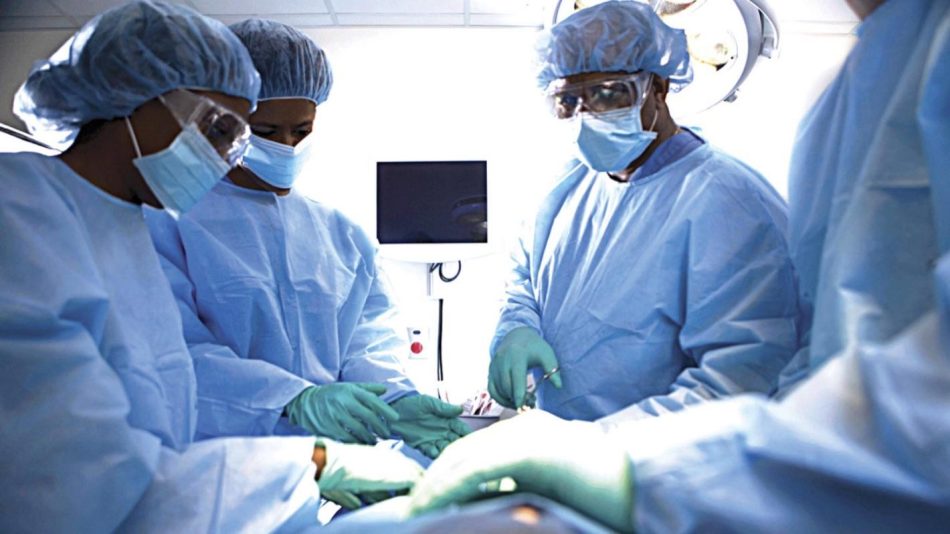Nigeria’s health system is functioning at only 45 percent of its full capacity, far below the African average of 56 percent, according to a new report from the African Health Observatory Platform on Health Systems and Policies (AHOP).
The findings, published in the first edition of the Country Health System and Services Profiles (CHSSPs), were prepared by the Health Policy Research Group at the University of Nigeria, Nsukka, in collaboration with Nigeria’s Federal Ministry of Health and Social Welfare and WHO-AFRO.
Prof. Obinna Onwujekwe, director of Nigeria’s AHOP centre, revealed that despite reforms and rising health expenditures, outcomes remain poor. The full report will be released on October 8, 2025.
Key Findings:
- Access, demand, and quality of care have improved in the last decade but remain too weak to meet universal health coverage by 2030.
- Essential health service coverage is 1.7% below the African regional average.
- Private providers deliver 70% of services despite being only 35% of facilities.
- 80% of health infrastructure is non-functional, pushing Nigerians abroad for care and costing about $1 billion annually.
- Out-of-pocket spending makes up 75% of health costs; just 1 in 10 Nigerians has health insurance.
- Skilled birth attendance is at 51%, while Nigeria has 3.95 doctors per 10,000 people—above the African average but still below the WHO’s recommended threshold of 4.45.
The report concludes that weak infrastructure, poor investment, and underutilization of health workers are major barriers. It urges full implementation of the National Health Insurance Authority Act (2023) and the Basic Health Care Provision Fund (2014) to expand coverage and reduce financial hardship.
Report by: Isaac Blessing | Edited by: Chris Odjomah

